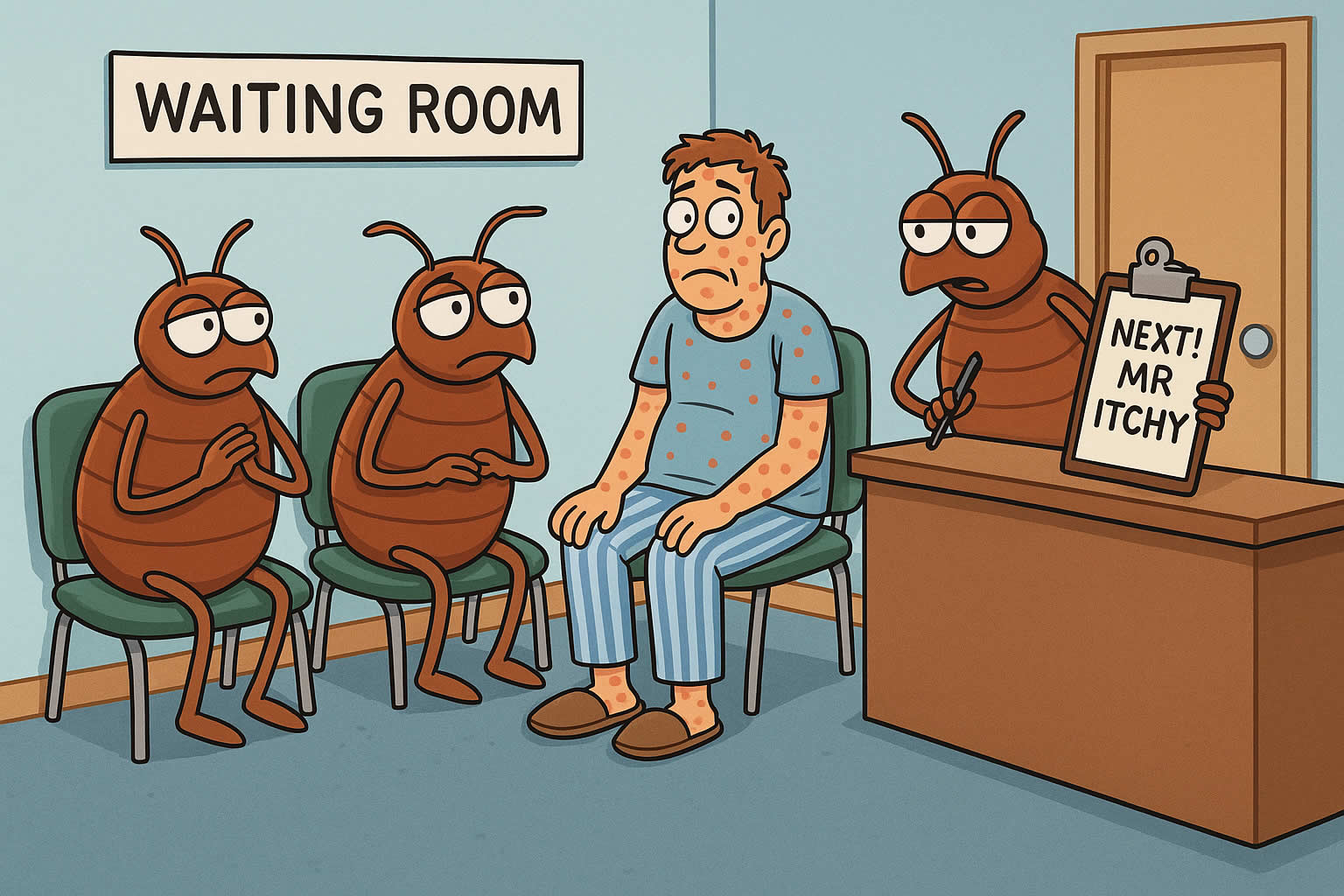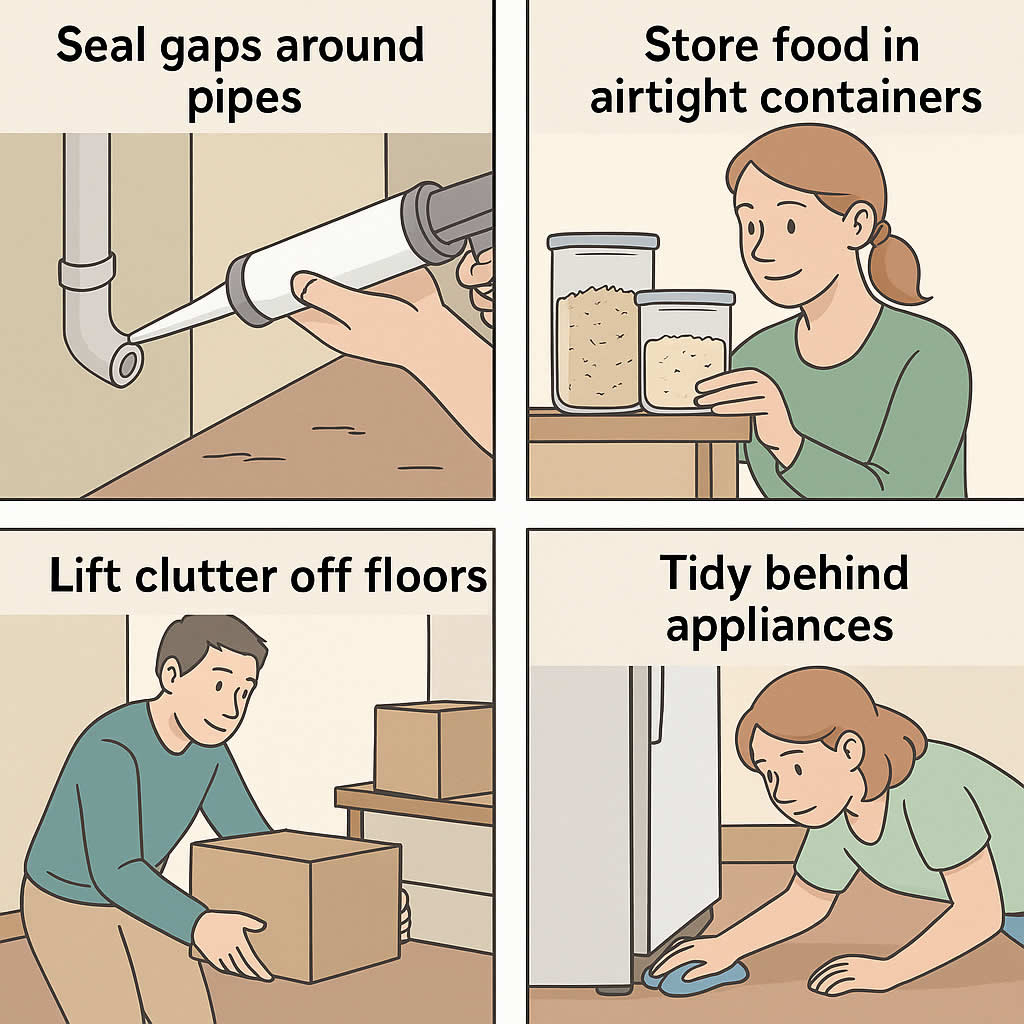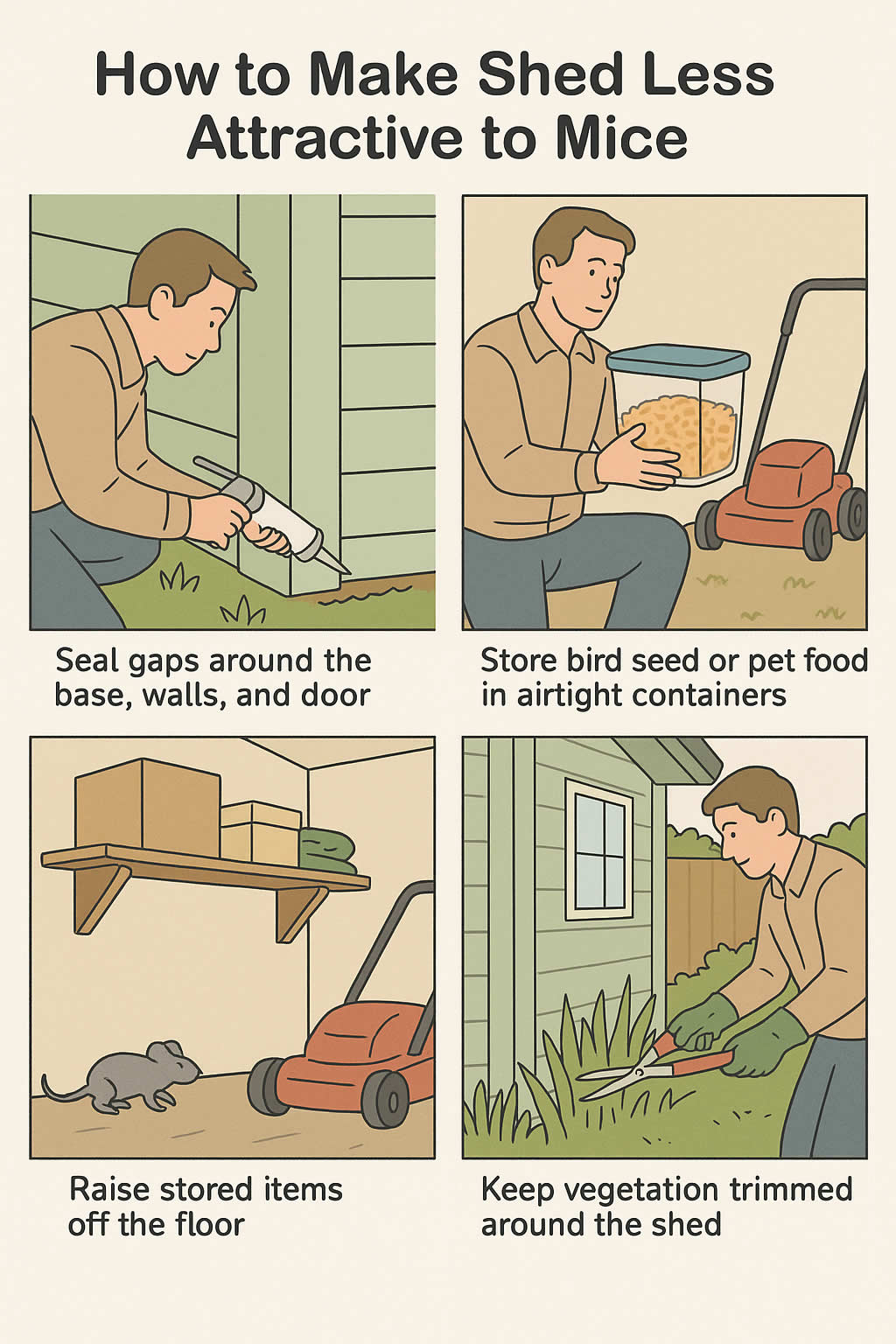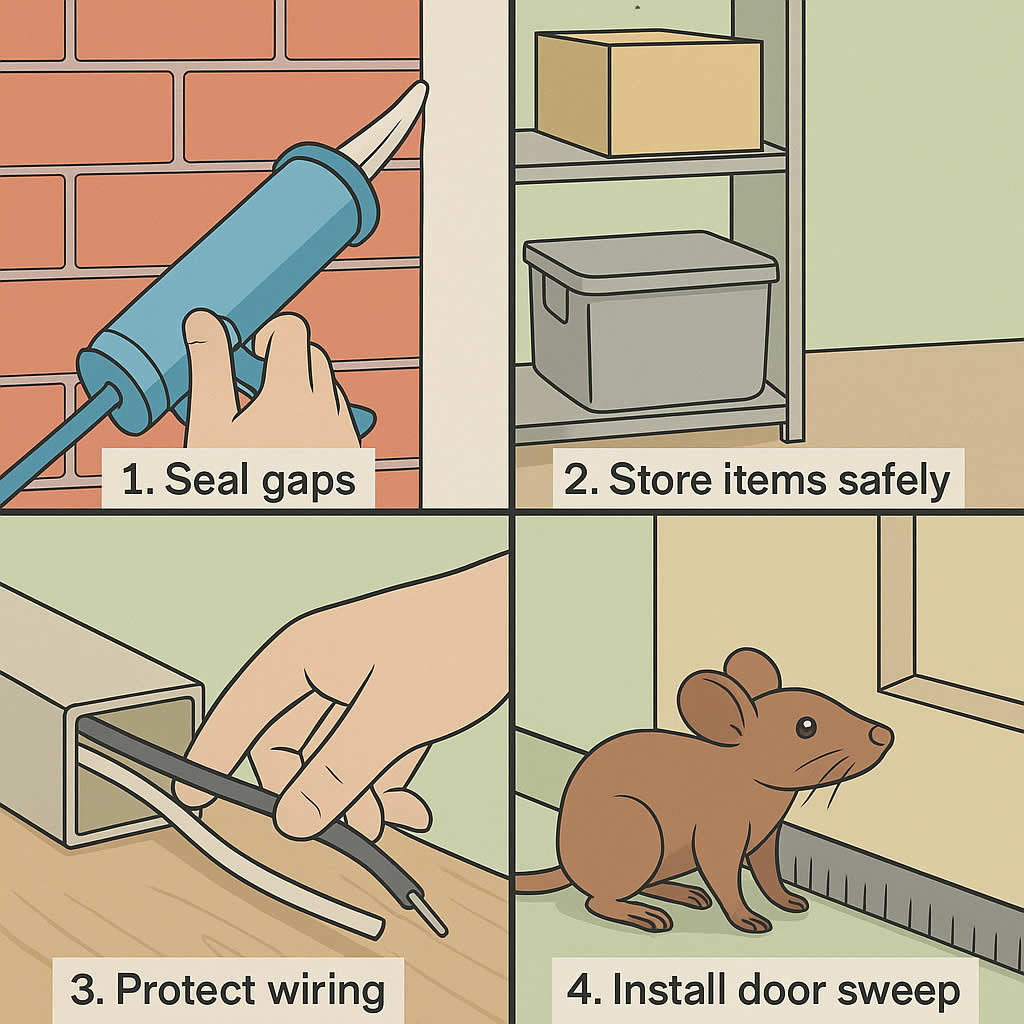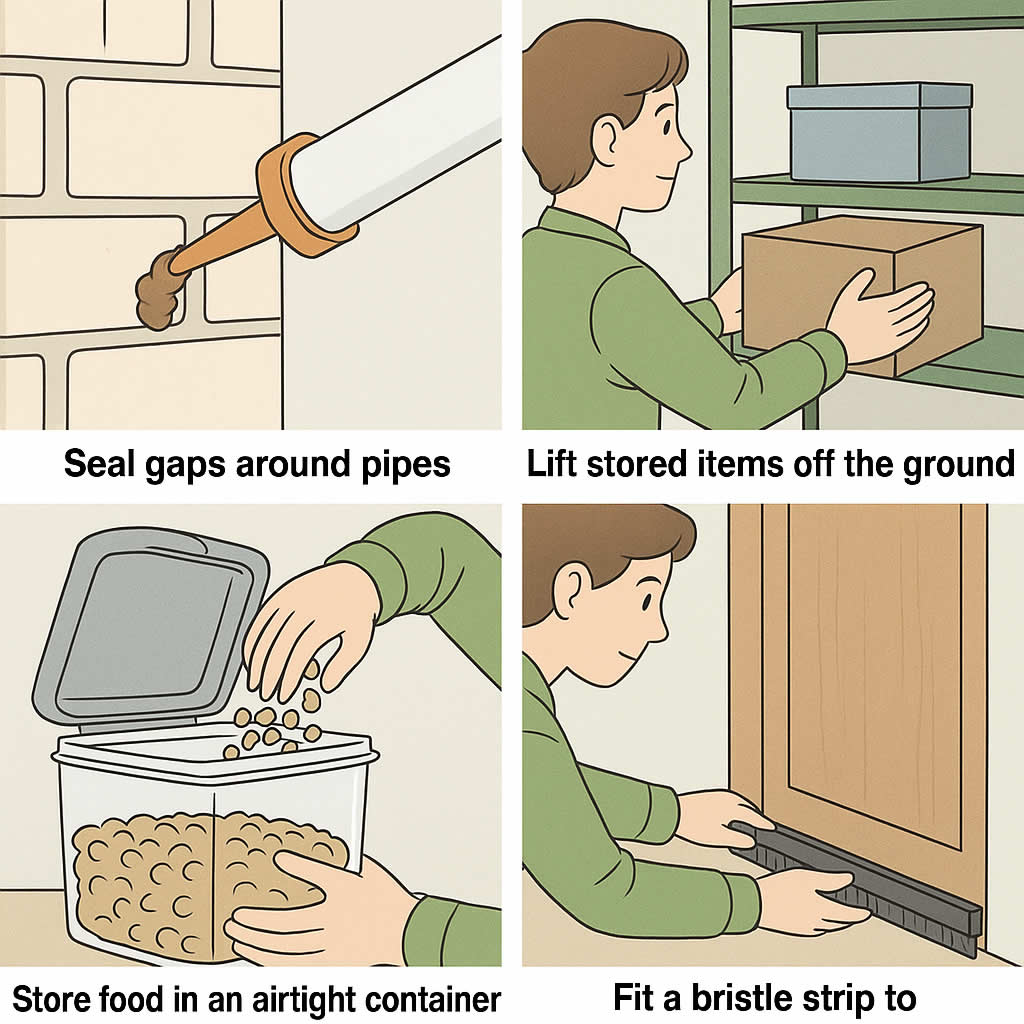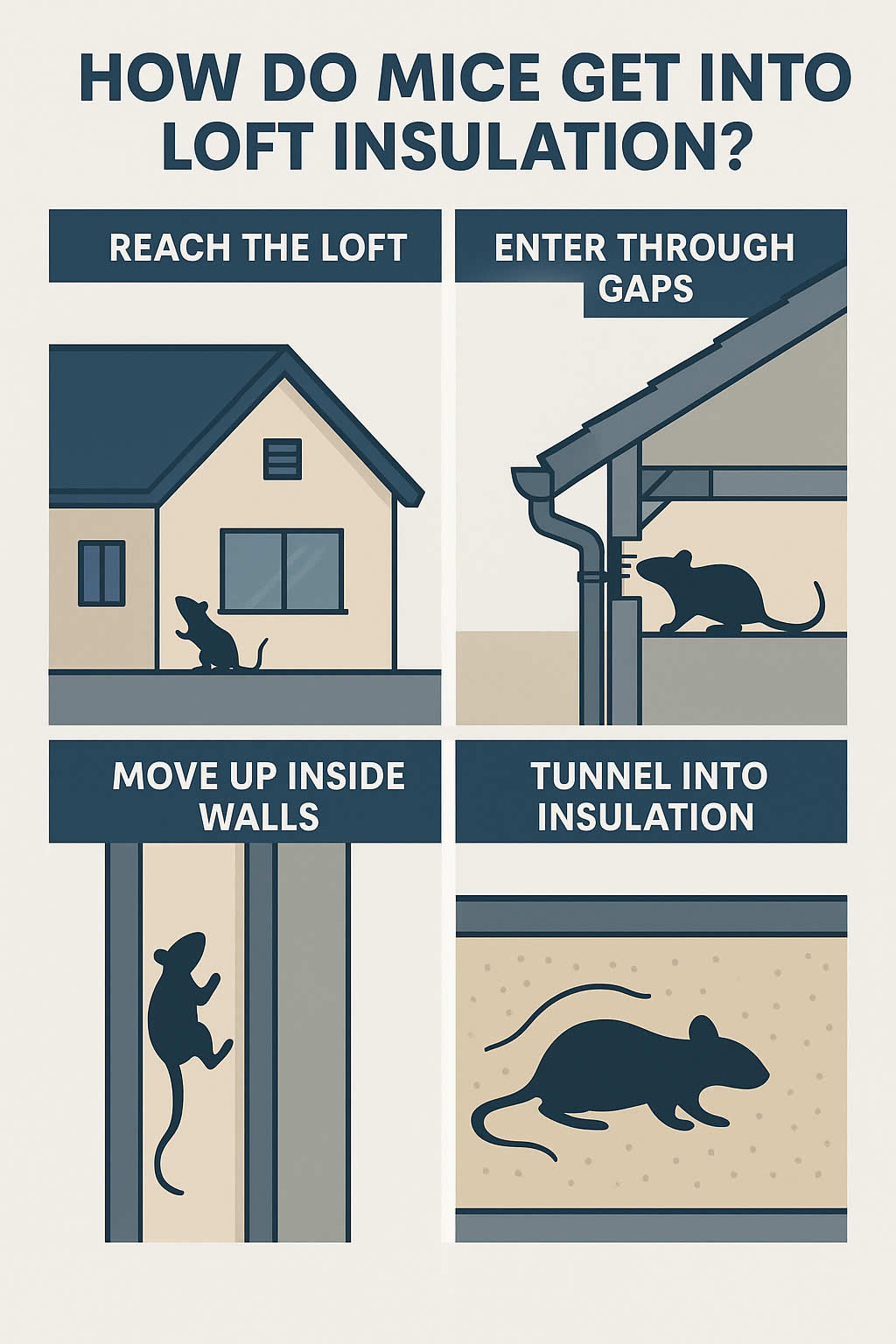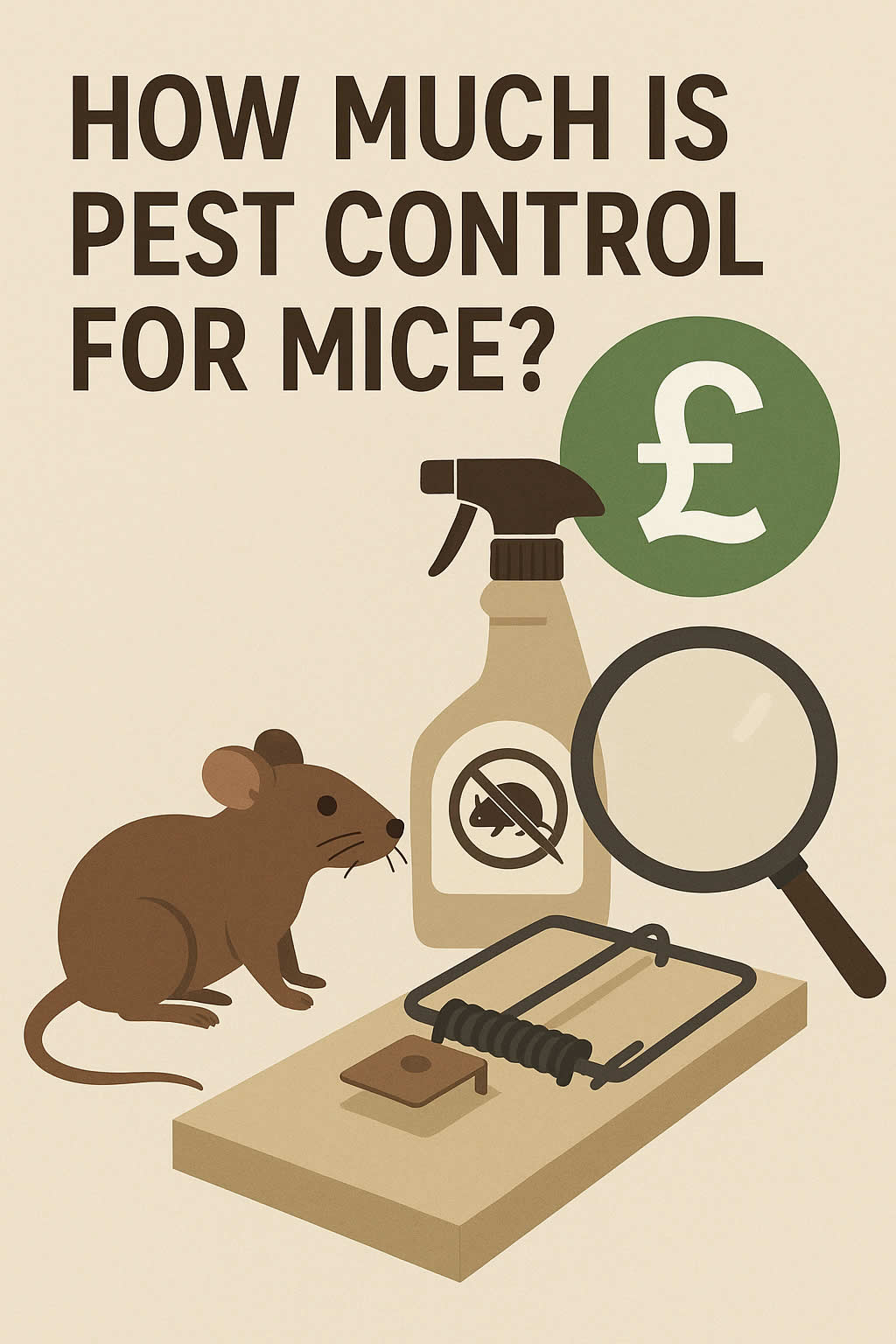Related Queries
ToggleThere’s nothing quite like the panic that sets in when you wake up with a line of red, itchy spots and realise your bedroom—or worse, your hotel bed—might not be as safe as you thought. Bed bugs are on the rise across the UK, and more people than ever are searching for answers. It’s one thing to know they’re a nuisance, but the real question many ask is: are bed bug bites dangerous?
The short answer is: usually not—but that doesn’t mean you should ignore them. Bed bug bites can cause a range of physical and emotional issues, from mild skin irritation to full-blown anxiety and sleepless nights. And while they rarely spread disease, their impact can still be serious. This blog breaks down everything you need to know—from what the bites look like and how your body might react, to when to get medical help and how to protect yourself and your home.
Understanding Bed Bug Bites
It’s hard to prevent what you can’t spot. So let’s start by understanding what bed bug bites actually look like, how they behave, and why reactions can vary so much from person to person.
What a bite looks like
Most people notice small, red bumps that appear in clusters or lines. They’re often mistaken for mosquito bites or even a skin allergy at first. What makes bed bug bites unique is how they usually form in straight or zigzag patterns, often along areas of exposed skin—like your arms, legs, neck, or back. The bites are flat or slightly raised and tend to itch. In some cases, they can blister or swell slightly, especially if scratched or irritated further.
It’s not always easy to identify them straight away, especially because reactions can take time to develop. Some people might not react at all, while others get inflamed, itchy welts almost immediately. The first sign isn’t always the bite—it might be the intense itching that follows.
Why bites form patterns
You might wonder why bed bug bites often appear in rows or clusters. That’s because bed bugs tend to feed multiple times in one session. A single bug might bite three or four times as it moves along your skin, looking for the perfect spot to feed. Since they’re active at night and drawn to the carbon dioxide you exhale, they usually bite areas of skin exposed while you sleep.
These feeding patterns help pest control professionals identify whether bed bugs are the cause of a suspected infestation, as few other pests create this tell-tale line effect.
Immediate vs delayed reactions
Your body’s response to a bed bug bite depends on how sensitive your immune system is. Some people experience an almost instant reaction—itching, redness, or swelling—while others might not notice the bites for days. In fact, in some cases, you may not develop any visible signs at all, which can make it even more frustrating when you’re trying to confirm an infestation.
This variation makes it important not to rule bed bugs out just because you can’t see a rash straight away. Delayed responses are common, and the bites might only appear after the bugs have already settled in.
Health Risks and Reactions
Now that you can recognise the signs, let’s talk about the actual risks. Bed bugs aren’t known to transmit disease, but that doesn’t mean they’re harmless. Their bites and the stress that follows can affect your physical and mental health in different ways.
Skin irritation and allergies
Most reactions are minor—itchy, red spots that go away within a few days. But for others, the bites can become inflamed, blistered, or infected, especially when scratched too much. In more severe cases, people develop allergic reactions that require antihistamines or topical steroids to control.
Repeated exposure can also cause your reactions to get worse over time. The more you get bitten, the more likely your skin becomes sensitive to the saliva that bed bugs inject when they feed. It’s not just the itching—it’s the swelling, redness, and pain that follows.
Rare complications or infections
Although rare, scratched bites can lead to secondary infections like impetigo or cellulitis. If the skin breaks open and bacteria enters the wound, the area can become red, hot, and painful. These cases might need antibiotics or even medical supervision.
There have also been rare cases of people experiencing systemic allergic reactions, which can include swelling of the face or difficulty breathing. While not common, they’re serious enough to warrant urgent care.
Psychological or sleep impacts
Not every reaction to a bed bug bite is physical. Many people report anxiety, insomnia, or even feelings of paranoia after dealing with bed bugs. The knowledge that something is feeding on you while you sleep can affect your mental well-being long after the infestation is gone.
Some people struggle to fall asleep, while others wake up repeatedly throughout the night, convinced they’re being bitten again. In severe cases, the trauma can lead to chronic sleep disorders or increased stress levels, affecting daily life.
When to Seek Medical Advice
For the most part, bed bug bites are manageable at home—but there are times when it’s worth getting a medical opinion. Here’s how to know when it’s time to reach out for help.
Signs that need a doctor’s attention
If the area around the bite becomes increasingly swollen, hot, or painful, it might be infected. If you notice pus, streaking, or an expanding red area, book an appointment with your GP. These signs suggest your body is fighting more than a bite—it’s dealing with an infection.
You should also seek help if the itching is so severe it’s interfering with sleep or daily activities. Scratching leads to broken skin, and once that barrier is compromised, the risk of further complications increases.
Managing severe itching or swelling
In some cases, your GP may recommend antihistamines for allergic responses, or steroid creams to reduce inflammation. If you’re getting multiple bites and reacting strongly, these treatments can provide much-needed relief and stop things from getting worse.
Over-the-counter options can help, but if they’re not working, or you’re not sure what caused the bites, a doctor or pharmacist can advise you on the best course of action.
Risk groups and vulnerable individuals
Young children, older adults, and people with weakened immune systems may react differently to bites. Their skin might be more prone to irritation or infection, and they may not be able to manage the scratching or symptoms as easily. If someone in one of these groups is bitten and symptoms persist, it’s a good idea to consult a professional sooner rather than later.
Pregnant people should also take extra care, not because the bites themselves are harmful, but because broken skin can be a gateway for infections, and stress or lack of sleep can have wider health effects.
Protecting Yourself and Staying Safe
Avoiding bed bug bites means avoiding bed bugs altogether. Here’s how to reduce your risk of getting bitten in the first place—and what to do if you suspect they’ve made it into your home.
Spotting bites and monitoring reactions
The quicker you notice bites, the faster you can act. Check your skin for new marks in the morning, especially if they’re in clusters or itchy. Keep a record with photos or notes, especially if you’re travelling or staying somewhere unfamiliar.
It’s also helpful to check for signs of bed bugs in your environment. Look around mattress seams, bed frames, skirting boards, and furniture joints. You might find dark specks, tiny white eggs, or even live bugs hiding in the crevices.
Avoiding infestations and checking bedding
Whether you’re on holiday or renting a flat, always check the bed before you settle in. Pull back the sheets, look at the mattress edges, and inspect any upholstered furniture nearby. Use hard-shell luggage when travelling and keep bags off the bed or floor if possible.
At home, vacuum regularly and reduce clutter around beds or sofas. Wash bedding weekly on high heat and check for signs of bugs in guest rooms or rarely-used spaces. Prevention is much easier than treatment.
Treating symptoms and prevention steps
If you’ve been bitten, wash the area with soap and water and avoid scratching. Apply a cold compress to reduce swelling and use anti-itch cream if needed. Keep fingernails short to avoid breaking the skin when scratching during sleep.
If you think bed bugs are in your home, call a licensed pest control service straight away. DIY sprays and powders rarely eliminate the full infestation, and bugs can survive for months without feeding. Professional heat treatments or chemical control are often the only reliable solutions.
Our Final Say!
So, are bed bug bites dangerous? In most cases, no—but that doesn’t mean they’re harmless. They can lead to sleepless nights, skin infections, allergic reactions, and serious emotional stress. The danger might not always be life-threatening, but the discomfort and disruption they cause are very real.
Knowing how to spot the signs, understanding when to get help, and taking steps to prevent an infestation can make all the difference. It’s not about living in fear—it’s about being aware, prepared, and ready to act if you need to.
Your health and peace of mind matter, and you don’t have to put up with bed bugs. Whether you’re reacting badly to bites or just want to avoid them altogether, you now know what to do. Stay alert, stay informed, and most of all—don’t let the bugs bite.

